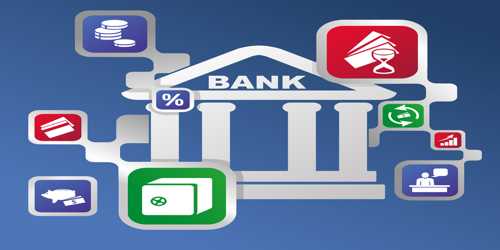A bank is one kind of financial institution which deals with money and other monetary instruments and conducts business. Bank receives deposits from one group of people and lends it to other groups of people. By this process, the bank earns a profit.
Generally, it is said that what a bank does is banking. A bank is an institution and banking is the activities of that institution. For example- collecting deposit; discounting of bills, draft, order, money transfer, giving aid to business etc. The Oxford Dictionary: “Banking is the business of a banker and the keeping or management of a Bank.”
Bank
- Origin: Entrepreneurs are the father of banking.
- Definition: Bank is a financial institution which receives a deposit from a group of people and lends it to other groups of people.
- Purpose: The success of a bank depends on the efficient banking system.
- Success: The success of an efficient banking system.
- Legal: As the bank is created from a law it has a legal entity.
- Liability: Banks are liable to their customers for their functions.
Banking
- Origin: Bank is the father of banking.
- Definition: Banking means the activities undertaken by banks which include personal banking and commercial banking and corporate banking.
- Purpose: The purpose of banking is to help the bank to perform its task.
- Success: The success of banking depends on the banker’s efficiency in planning and management.
- Legal: It has no specific law under which the functions of banking are performed.
- Liability: The liabilities of banking functions are on the owner of a bank.















